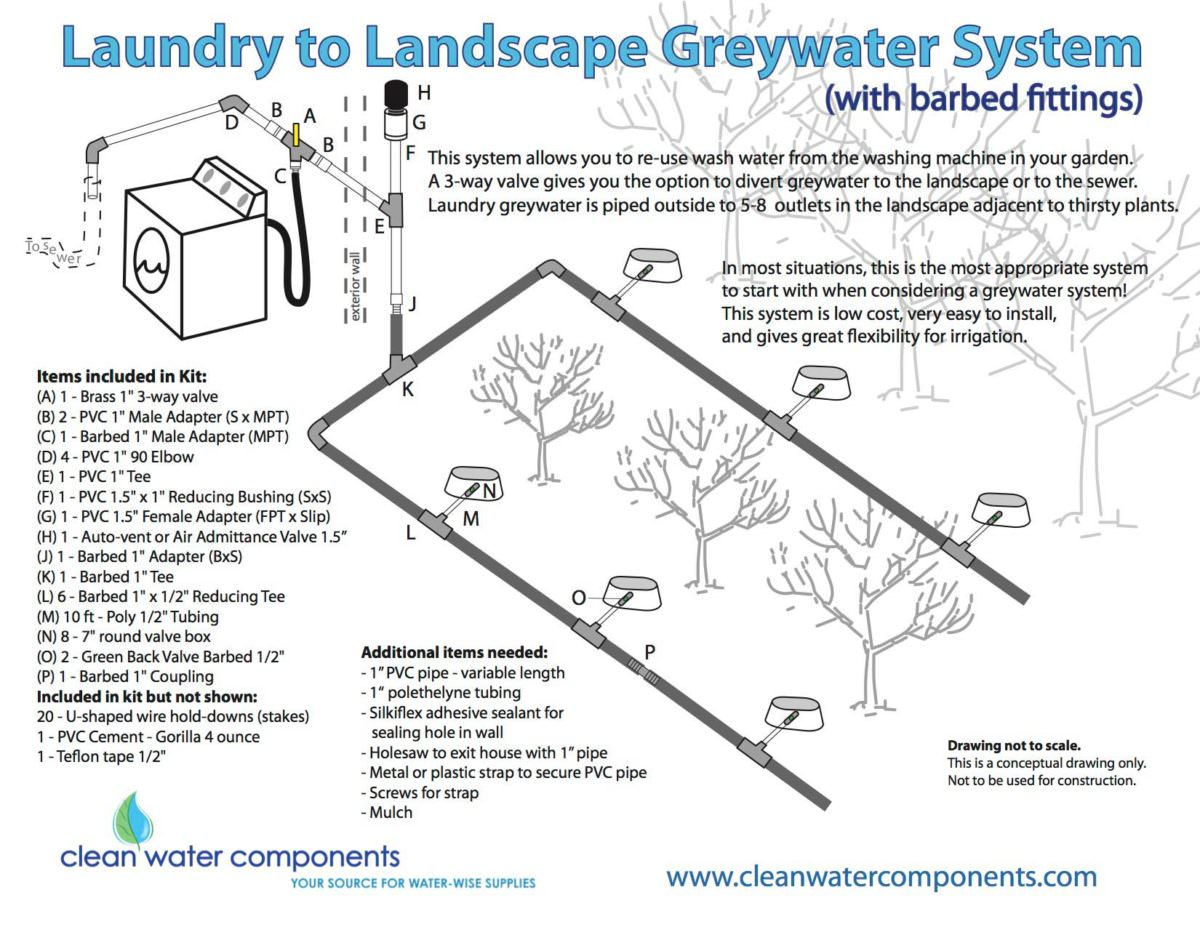Someone on FB asked about if ducks or chickens are easier.
I figured my comment would make a good standalone post.
Neither one is easier.
Chickens put themselves to bed.
Ducks need to be guided into bed for up to 2 weeks before they finally figure out there's a place they should be when the sun goes down.
Chickens lay eggs almost everyday. Ducks are kind of picky about that.
Ducks have a lot more instinct and are less likely to get taken down by a predator than chicken is.
Duck meat offers a far higher premium than chicken meat.
Baby chickens are so much cleaner than baby ducks. Baby ducks are nasty, nasty, nasty. You'll be cleaning out their living quarters three times a day by the time you're fully fitted out and you live outside full time.
Ducks are better at foraging and can live off the land with a small amount of supplemental feed. Unless you're going with practically wild breeds of chickens, you're going to have to provide most of their food even if they have access to forage. But very wild breeds of chickens. Don't like to put themselves to bed. They like to put themselves in trees. And thid shortens their lifespan dramatically.
Ducks need water. Lots of it. Chickens need some water to drink. Ducks need water to make a mess.
Chickens are way friendlier than ducks. There are constant posts in homesteading groups about "Why won't my ducks love me." Chickens will jump in your lap if they think you have a treat for them.
Chickens offer a lot of sex linked options so you can make sure you'll have only hens. Duck's not so much. Be prepared to get rid of your extra drakes because they will murder your hens. I find pineapple and soy sauce to be very effective in solving this problem.
Chickens love to lay and nesting boxes. Ducks love to lay wherever they happen to be.
Chicken eggs are 30% yolk. Duck eggs are 50% yolk. They taste identical but duck eggs offer a lot more of the same flavor and are far superior for baking and things like deviled eggs.
Duck eggs are bigger. About 50% larger overall. But again they don't lay as consistently as chickens.
As long as your chickens are getting sufficient daylight and feed they can lay all your round. Ducks like to shut down egg production during the winter.
Ducks are cold, hardy and work much better in northern climates with a lot of freezing days.
Chickens like to scratch the ground until nothing grows to find food. Ducks will destroy any area with too much water in it by digging their bills in the ground aerating it and still destroying it in a different way.
Ducks aren't likely to hop a fence and get into the neighbor's yard. Chickens will adventure everywhere.
Roosters can make your day miserable. Drake's are easy to push aside and won't jump up at you and attack your face.
We have both. We also have geese.
We got geese because we were losing one to three chickens a year to hawks. After we got geese we lost zero chickens to hawks.
After geese are fully feathered out they can subsist entirely off of grass.
Geese do not scratch or put holes in the ground.
Geese eggs are gigantic at about 6 oz each.
Geese eggs are 50% yoke. One deviled egg made from a goose egg could kill a person with the cholesterol levels.
Geese eggs are awesome when soft-boiled so you can dip your toast in their yolks.
He's only lay eggs during the spring.. the rest of the time they earn their keep by protecting the flock against hawks and mowing your yard.
Geese get extremely aggressive in the spring time. They leave much bigger bruises than a rooster could ever hope to.
Geese are big cuddly monsters.
